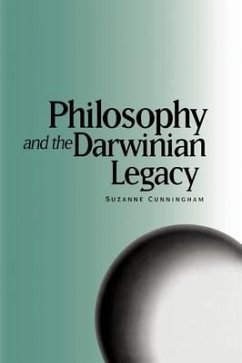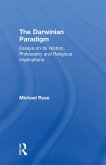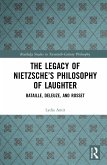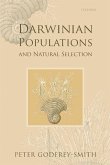Two of the dominant traditions in twentieth-century philosophy explicitly excluded Charles Darwin's account of evolution, not because they claimed it was mistaken, but because they saw it as irrelevant. These two traditions - analytic philosophy, founded by G. E. Moore and Bertrand Russell, and phenomenology, fathered by Edmund Husserl - set the stage for great deal of subsequent philosophy. The non-Darwinian framework that they constructed continues to constrain significant portions of the field, in particular, theories of perception and mind. Philosophy and the Darwinian Legacy traces the major reasons for the exclusion of Darwin and evolutionary considerations from philosophy. These reasons include the ambivalence of nineteenth-century philosophy toward the views of Darwin, the numerous disagreements among biologists at the turn of the century about the status of Darwin's views and the determination of the architects of analytic philosophy and phenomenology to protect ethics, logic and sociopolitical values from all taint of historical contingency. Professor Cunningham argues that this exclusion of Darwinian views distorted most subsequent philosophical theories of perception and mind. She criticizes purely cognitivist theories of perception as well as Machine Functionalist theories of mind, and then offers positive proposals on how these theories should be amended to take account of the adaptive role that perception and mind play on behalf of a living organism's struggle for survival and well being.








